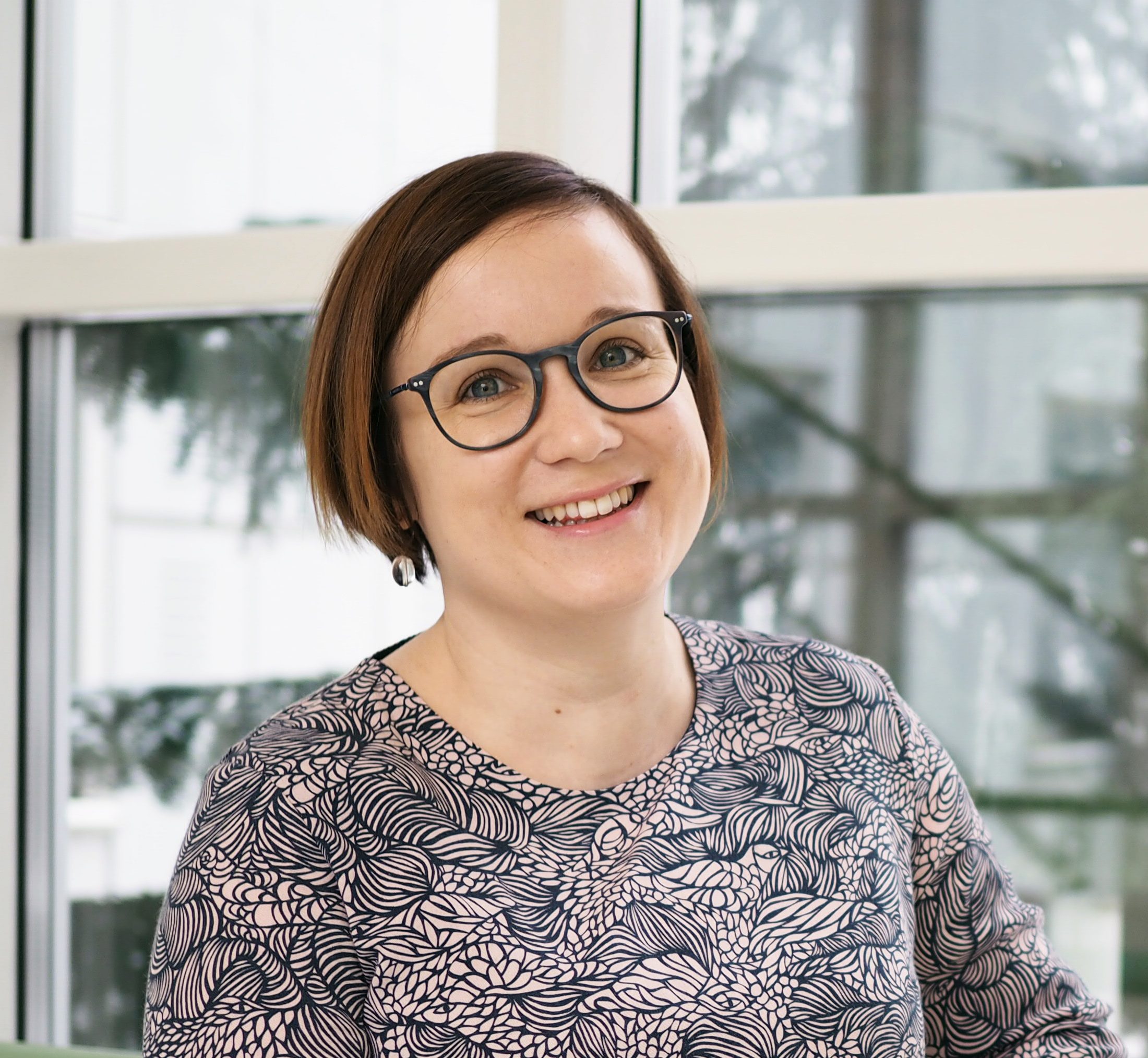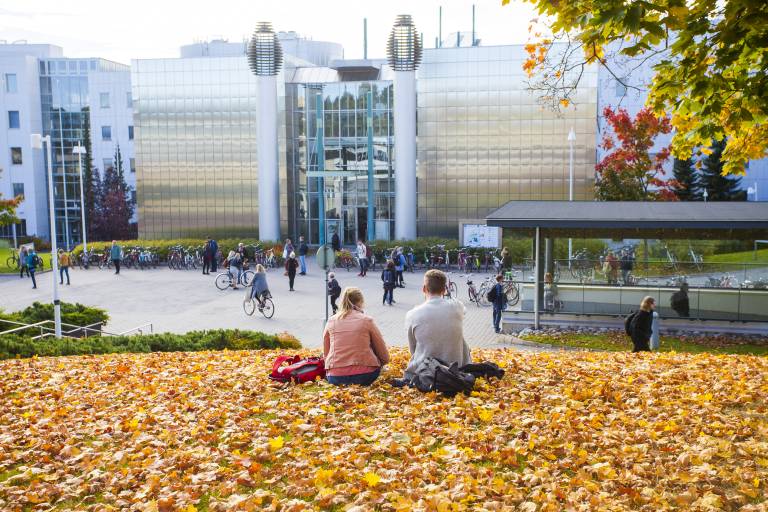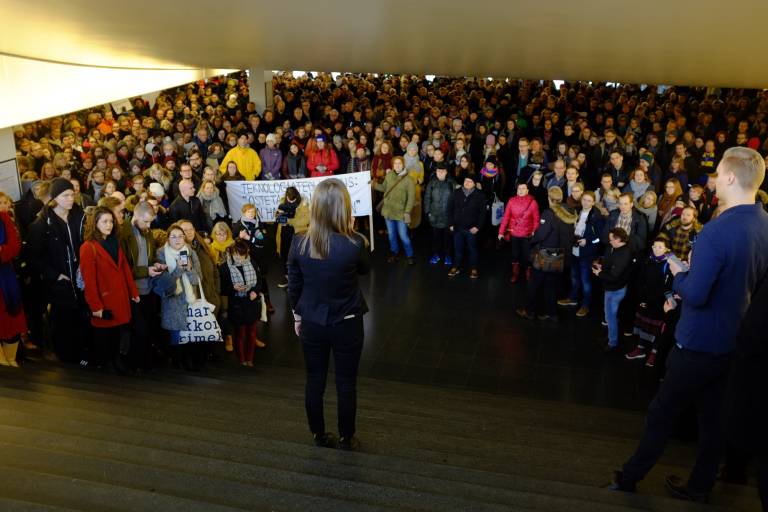Universities, research institutes, funders, and governments emphasize the benefits of interdisciplinary knowledge creation as it is seen as a strategy for increasing innovation and creating new solutions to old problems (Boix Mansilla 2006; Jacobs and Frickel 2009). The rhetoric of interdisciplinarity is used in funding calls, university and research institute websites, the aims of academic journals, and sometimes even in job descriptions.
Yet, it has been shown that interdisciplinary research can be risky for early career researchers (Dooling et al. 2017; Lindvig 2018; Hein et al. 2018). Borkert (2018, p. 1) summarized the main difficulties in her recent article on interdisciplinarity in the field of migration research:
Unfortunately, research that transcends conventional disciplinary boundaries is harder to fund, to conduct, to review and even to publish. Those who attempt it may very well end up struggling for recognition, support, and scientific advancement.
Early career researchers, who have not yet established themselves in academia, are especially likely to be affected by these barriers.
Forming the Finnish Interdisciplinary Society
In June 2018, I met Dr. Kirsi Cheas—at the time a postdoctoral researcher at University of Helsinki—at the Annual Symposium of Science and Technology Studies organized at Tampere University, where I led a session titled ‘Embarking on Interdisciplinary Endeavors: In Search of Effective Collaboration Practices’. I initially thought the session would be of interest to those studying interdisciplinary collaboration. To my surprise, many of the participants were early career researchers from the social sciences and humanities who wanted to know how to engage with interdisciplinary approaches in their own work.
In late September 2018, I heard from Dr. Cheas again. She was organizing a founding meeting for a new academic society: the Finnish Interdisciplinary Society (FINTERDIS). This fall, I have had the chance to meet the other early career researchers, who joined FINTERDIS, and learn more about their reasons for initiating and taking part in this effort.
When Dr. Cheas began to brainstorm the idea for a new academic society, she was motivated by her own experiences from universities and departments, where she felt her efforts to combine knowledge from different fields were not supported.
I felt that many academics and administrators did not take my creative efforts seriously and ignored my petitions to incorporate perspectives beyond the scope of the pre-designed ‘interdisciplinary’ programs available at my university. I was forced to choose EITHER area studies OR media studies, rather than being allowed to combine both, and the university did not allow me to have supervisors in both faculties.
Supporting Dr. Cheas’s views, Dr. Anna-Leena Riitaoja — one of the founding members of FINTERDIS and a postdoctoral researcher at the Swedish School of Social Science at University of Helsinki—explained that often the challenges for using interdisciplinary research approaches relate to the deep-rooted and rigid departmental structures. For this reason, many early career researchers perceive disciplinary training provided by established academic departments as a faster way to advance in academia. As Mikko Niemelä, a doctoral candidate in Educational Sciences at University of Helsinki, noted,
As a doctoral candidate, I feel that the easiest way to carry out an academic career is to follow a sort of tube. That means that your chances of getting funding increase if you stay in the field of your Master’s studies and continue with same research topic as in your Master’s thesis.
Motivated by these kinds of experiences, Dr. Cheas, Dr. Riitaoja, and Finnish Academy Researcher Dr. Harri Kettunen discussed the possibility of founding the Finnish Interdisciplinary Society. They emailed scholars working in different Finnish universities and invited them to participate in the founding meeting. Many responded, attended the meeting, and formally joined the society. FINTERDIS was established as an autonomous registered society on 4 October 2018.
What is Different about the Finnish Interdisciplinary Society?
What distinguishes FINTERDIS from other academic societies that promote interdisciplinary research is its focus on early career researchers. While the society welcomes also advanced scholars, its mission emphasizes early career researchers, who seek to combine knowledge and methods from different fields. As stated on the society’s website:
The goal of FINTERDIS is that early career researchers and students would have better and more equal opportunities for independent creative thought and a right to cross boundaries even on a radical basis. (FINTERDIS)
Explaining the reasons for focusing on early career researchers, Dr. Cheas said,
The insights of doctoral students and early career faculty are not often recognized by those responsible for interdisciplinary research programs. While the innovative ideas of more senior faculty are nourished in centers for advanced study and other forums, early career scholars lack such a network, while depending on more senior faculty for advice, approval, and recommendation letters for funding applications. Thus, I find that the potential of early career scholars for interdisciplinary thought is often lost—a pattern that should be reversed.
Prior studies on interdisciplinary research and interdisciplinary careers have reported similar findings (Dooling et al. 2017). Early career researchers are dependent on support from their supervisors and other senior members of their academic communities. When early career researchers draw from multiple disciplinary fields and methodologies, their academic profiles can become unrecognizable within the disciplinary communities that initially trained them. As such, they risk losing their academic network. The consequences of this can be that it is challenging to obtain funding and get research published. When asked what made Dr. Tiina Räisänen, a postdoctoral researcher at University of Jyväskylä, respond to the plan to form FINTERDIS, she recounted that because of her interdisciplinary research profile, she had experienced challenges relating to identifying collaborators and outlets for publishing her work.
I have always been driven by the need to look for answers and to allow my ethnographic data ‘speak’. This has forced me, in a positive sense, to look beyond specific and narrow fields. However, interdisciplinarity creates difficulties too, because it is hard to find scholars who approach research in similar ways. It has been also challenging to justify my position in distinct fields and find the right publication venues for my work.
Those studying the conduct of interdisciplinary research have also pointed out that early career researchers are discouraged from taking part in interdisciplinary work because they fear it will negatively influence their chances of finding a suitable academic job or obtain promotion (Dooling et al. 2017). Many FINTERDIS members who had defended their dissertations are working in research institutes that openly support interdisciplinary research. Such safe havens for interdisciplinary work do not however resolve the issue of career advancement. Academic positions and opportunities for promotion remain within departments, not in research institutes, which tend to provide a chance to engage in interdisciplinary research for a few years at a time.
Building the Community and Participating in National and International Events
When talking with early career researchers about their hopes for FINTERDIS, it became clear that many of them were looking for likeminded people and peer support for engaging in interdisciplinary research. Jarkko Vikman, a doctoral student in Biblical Studies and Early Christianity at University of Helsinki, explained why he was eager to be part of FINTERDIS.
My hope is to gather peer support for adapting new tools and concepts from other branches of science. That includes emotional support for leaping to new and unexplored research areas.
Vikman also discussed his interest in finding out more about “how to develop into a top-level researcher in one’s own subject, but also gain new information from other fields”. This notion that becoming a good researcher in one research area required knowledge of what was happening in other related fields was prominent among the FINTERDIS members. As Dr. Riitaoja noted: “When interdisciplinary research approach is supported, it is a great boost for research and career”. There was a shared sense that interdisciplinarity was about improving research outcomes.
The question for the future of FINTERDIS is how to create this kind of support for interdisciplinary work. Many ideas have been discussed among the board members: for example, workshops for learning skills for crossing disciplinary boundaries and active participation in events organized by the Association for Interdisciplinary Studies (AIS). There has also been talk about organizing a panel for celebrating the careers of senior interdisciplinary academics from different fields. While the focus of FINTERDIS is on early career researchers, senior scholars are needed as allies if the society wants to succeed in its mission. As Dr. Cheas said,
I hope that by creating a community of interdisciplinary early career scholars in Finland and by providing them with peer support, we will have a better chance of improving the educational structures and programs of universities so that they would enable not only interdisciplinary but also intergenerational exchange of ideas.
New Social Research program brings together professors from a diversity of disciplines such as sociology, philosophy, management, technology, and health sciences. The over-arching aim is to disrupt existing disciplinary boundaries and to create new methodological approaches and new knowledge that address complex social issues.
References
Boix Mansilla, V. (2006) Interdisciplinary work at the frontier: An empirical examination of expert interdisciplinary epistemologies. Issues in Integrative Studies 24: 1–31.
Borkert, M. (2018) Moving out of the comfort zone: Promises and pitfalls of interdisciplinary migration research in Europe. In: Zapata-Barrero R., Yalaz E. (Eds.) Qualitative Research in European Migration Studies, 57–73. IMISCOE Research Series. Springer.
Dooling, S., J. K. Graybill, and V. Shandas (2017) Doctoral student and early career academic perspectives on interdisciplinarity. In: Frodeman R., Thompson Klein J., and Dos Santos Pacheco R. C. (Eds.) The Oxford Handbook of Interdisciplinarity (Second Edition), 573–585. Oxford University Press.
Hein, C. J. et al. (2018) Overcoming early career barriers to interdisciplinary climate change research. WIREs Climate Change 9(5): e530.
Jacobs, J. A. and S. Frickel (2009) Interdisciplinarity: A critical assessment. Annual Review of Sociology 35: 43–65.
Lindvig, K. (2018) The implied PhD student of interdisciplinary research projects within monodisciplinary structures. Higher Education Research & Development 37(6), 1171–1185.





